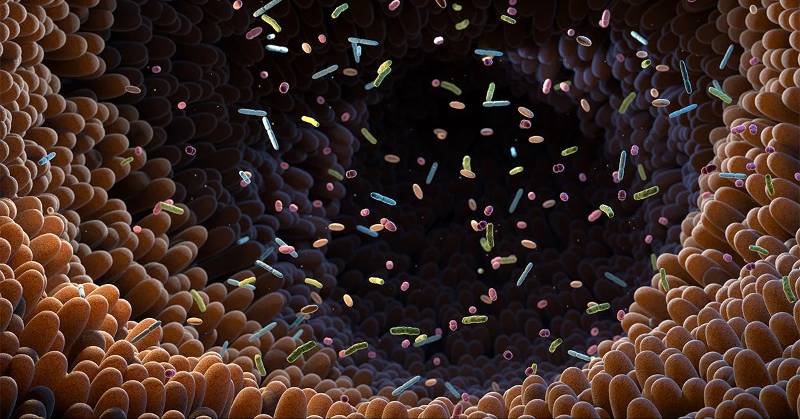UC San Diego researchers have uncovered a game-changing factor in gut microbiome studies: time of day. Their findings, published in Nature Metabolism, could solve the field’s replicability crisis and reshape how scientists conduct microbiome experiments.
The human body hosts trillions of microorganisms, with each person’s microbiome being unique. Researchers have long known that diet, living conditions, exercise, and maternal line influence gut bacteria. Now, they’ve added time of day to this list, with such significant impact that it may require new reporting standards.
Dramatic Daily Shifts in Gut Bacteria
The study found that gut microbiome composition fluctuates dramatically throughout the day. Different bacteria dominate in the morning versus the evening, leading to vastly different conclusions from samples taken at various times.
“Unexplained variability and lack of replicability may be due to the fact that the microbiome oscillates throughout the day, with different populations of microbes dominating at different times,” said Dr. Amir Zarrinpar, senior author and associate professor at UC San Diego School of Medicine. “We found that when a sample is taken can dramatically affect which microbes were present and the conclusions the scientists drew about the disease they were studying.”
The team’s analysis revealed that time-based changes in the microbiome were as significant as those caused by diet. “We found that in as little as four hours after a mouse eats breakfast, nearly 80 percent of its microbiome is different,” Zarrinpar noted.
Addressing the Replicability Crisis
This discovery could explain why many microbiome studies have been difficult to replicate. The interdisciplinary nature of the field, complex host-microbe relationships, and numerous variables have contributed to a replicability crisis.
Zarrinpar believes their findings offer a solution. “If we’re ever going to be able to communicate to each other about our science and what we think is going on in an effective way, then we need to understand that if you got different results than I did, maybe that could be due to the time that we’re collecting samples or not. Right now, you can’t even tell.”
The researchers are now advocating for standardized guidelines in microbiome sample collection times and methodology. They hope to collaborate with other scientists, funding agencies, and journal editors to establish these standards.
Zarrinpar is also calling on the National Institutes of Health to require researchers to report sample collection times in their papers. This change could have far-reaching implications, potentially affecting other fields like metabolism research.
As the team moves forward, they plan to investigate how timing impacts human microbiome samples – a more challenging variable to control. Their work could lead to more reliable and replicable microbiome research, ultimately advancing our understanding of how these tiny organisms influence human health.
If our reporting has informed or inspired you, please consider making a donation. Every contribution, no matter the size, empowers us to continue delivering accurate, engaging, and trustworthy science and medical news. Independent journalism requires time, effort, and resources—your support ensures we can keep uncovering the stories that matter most to you.
Join us in making knowledge accessible and impactful. Thank you for standing with us!

